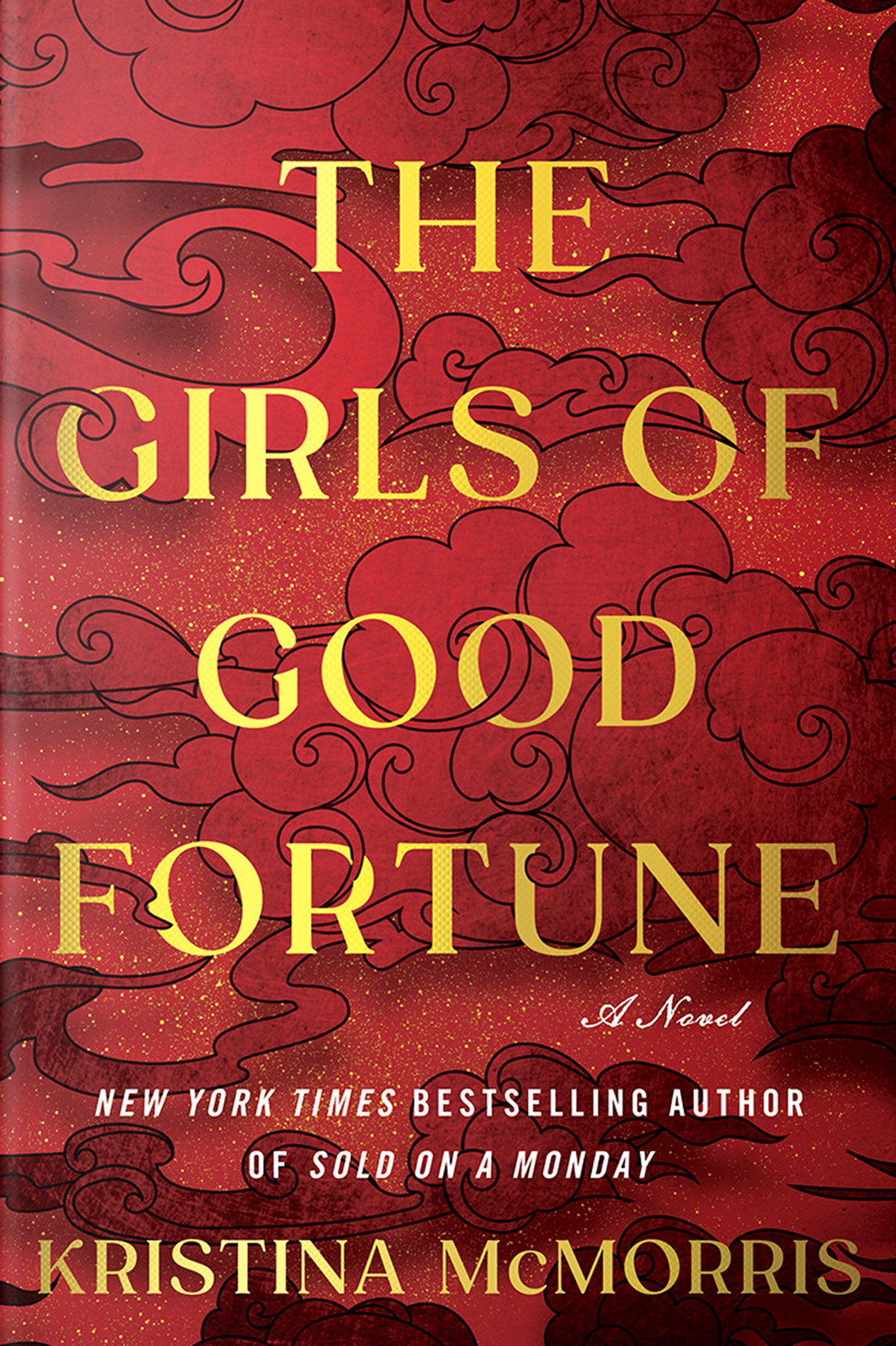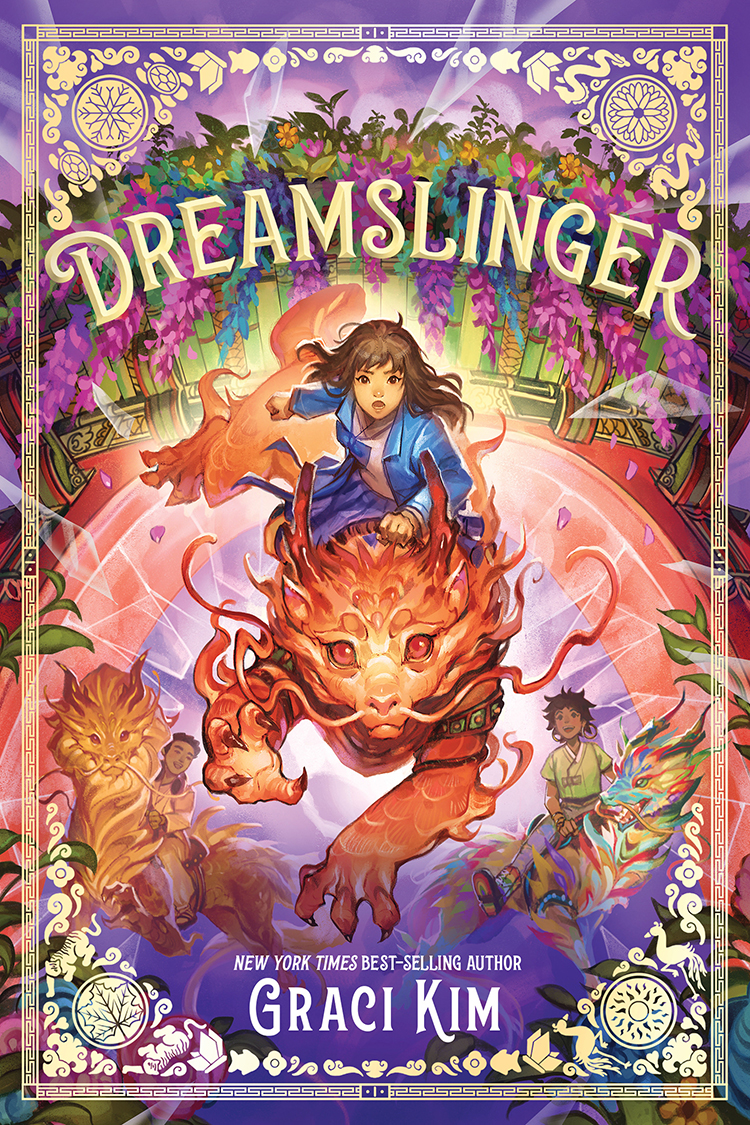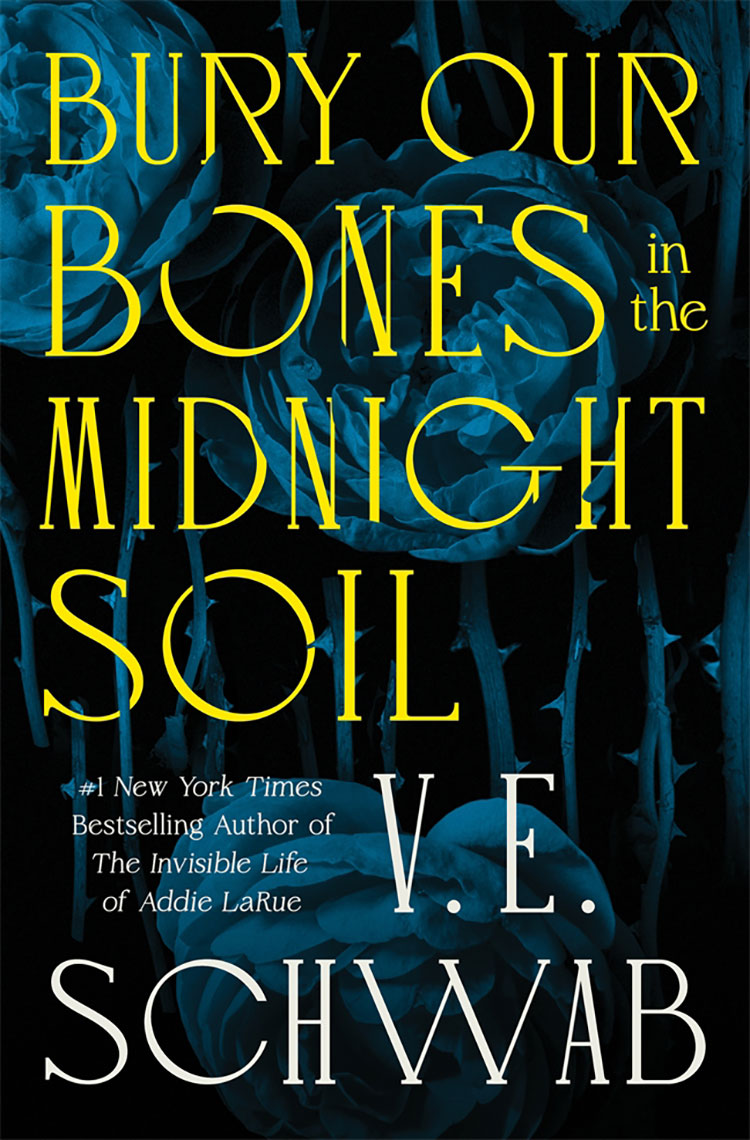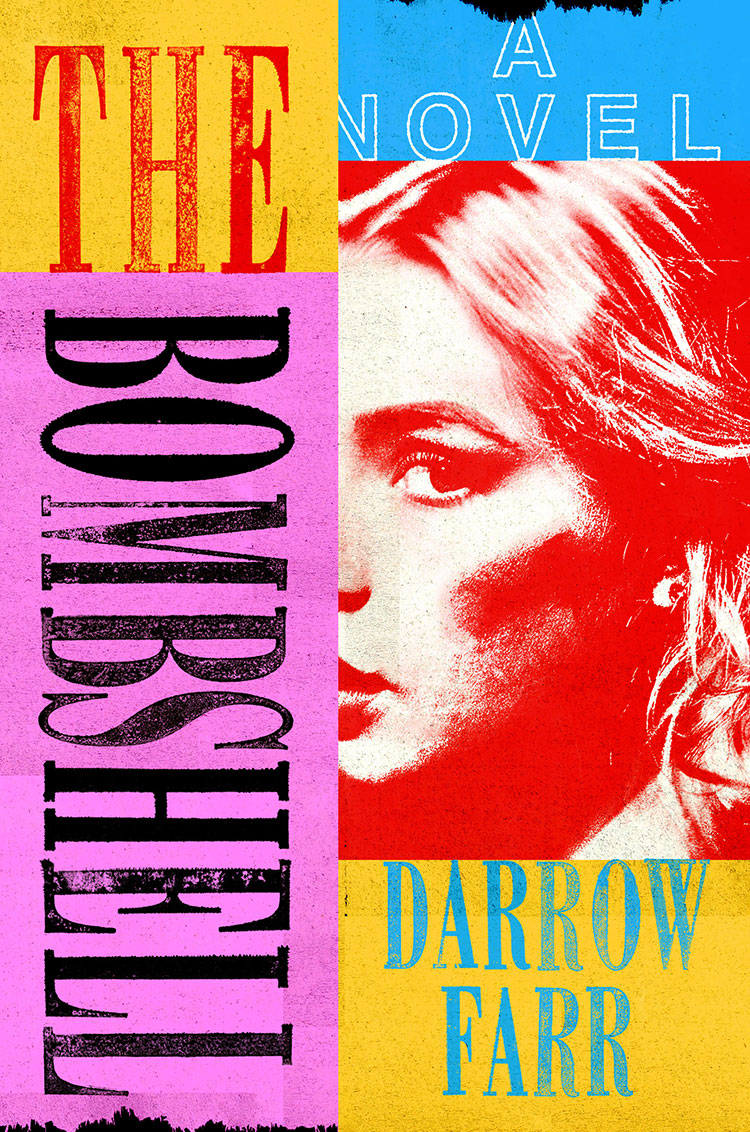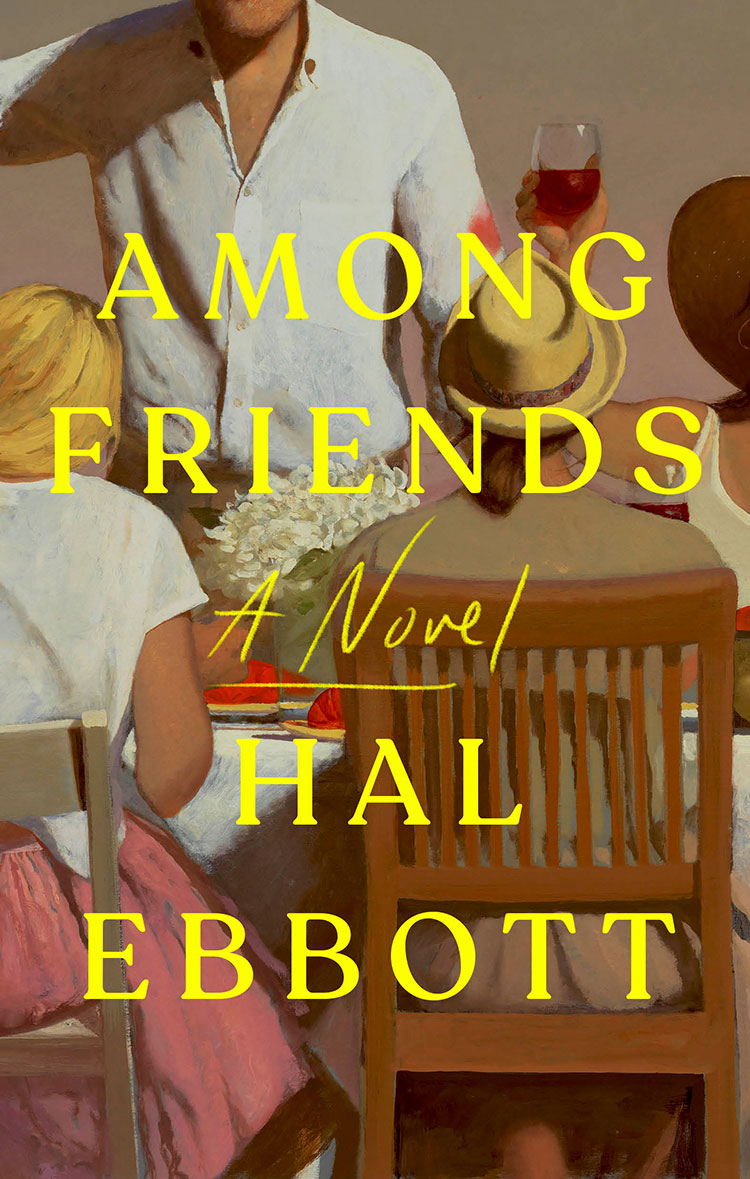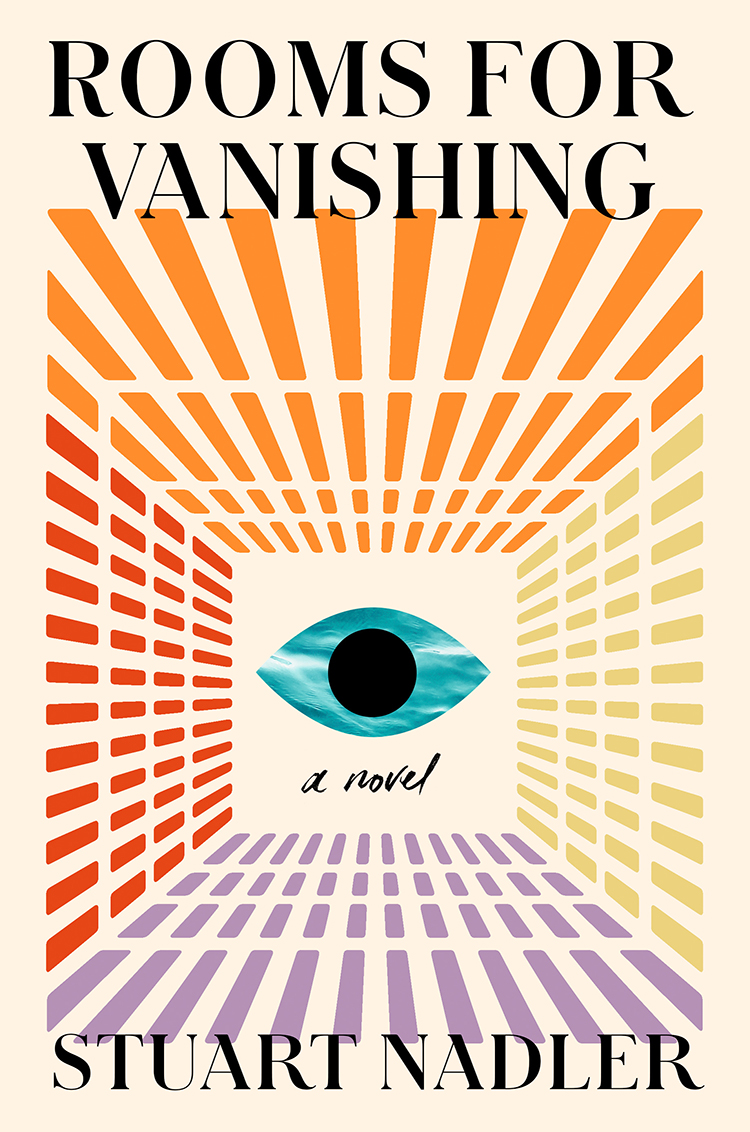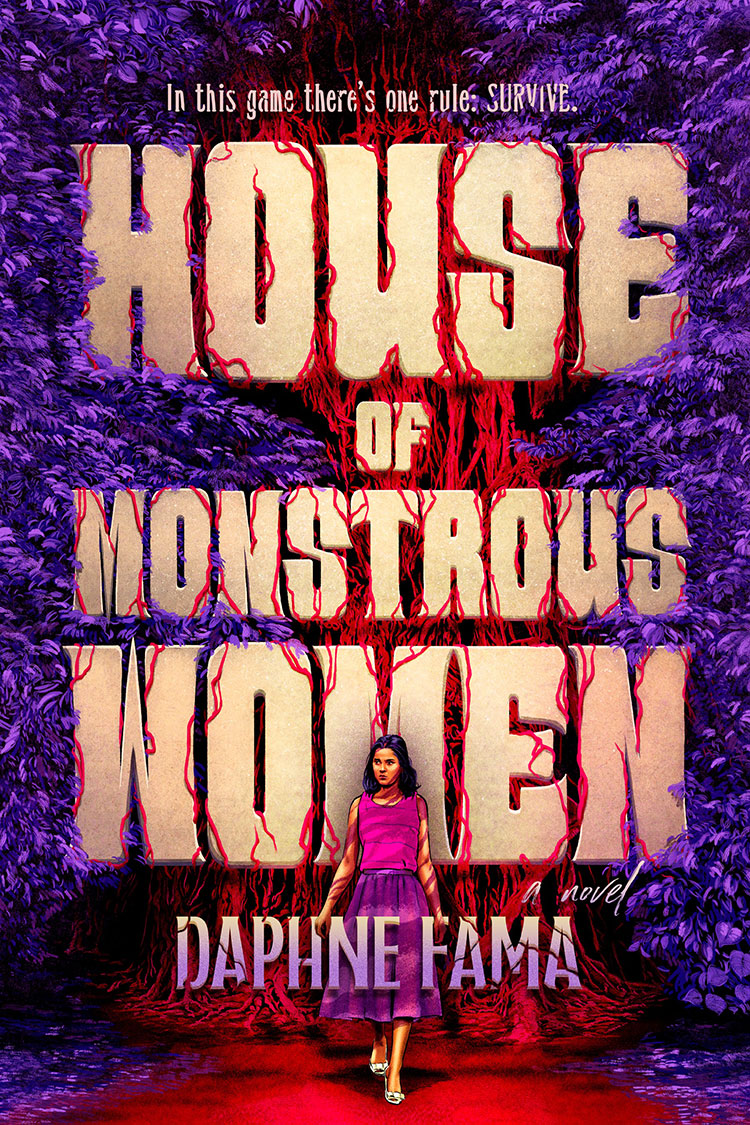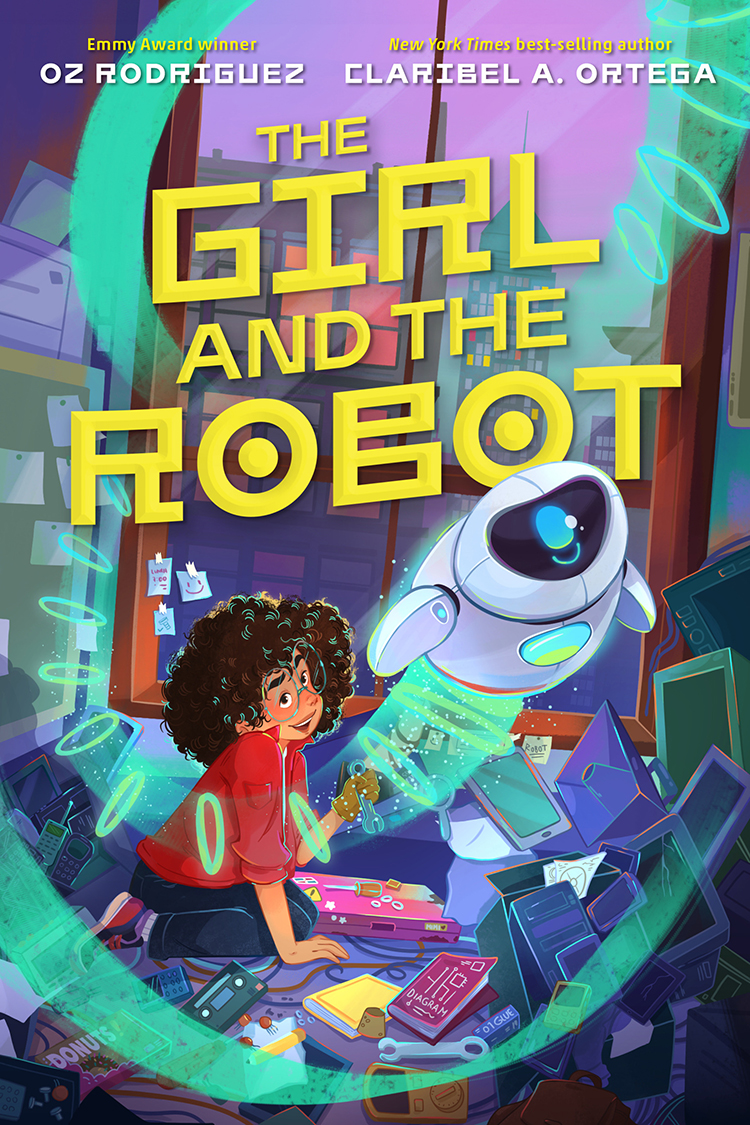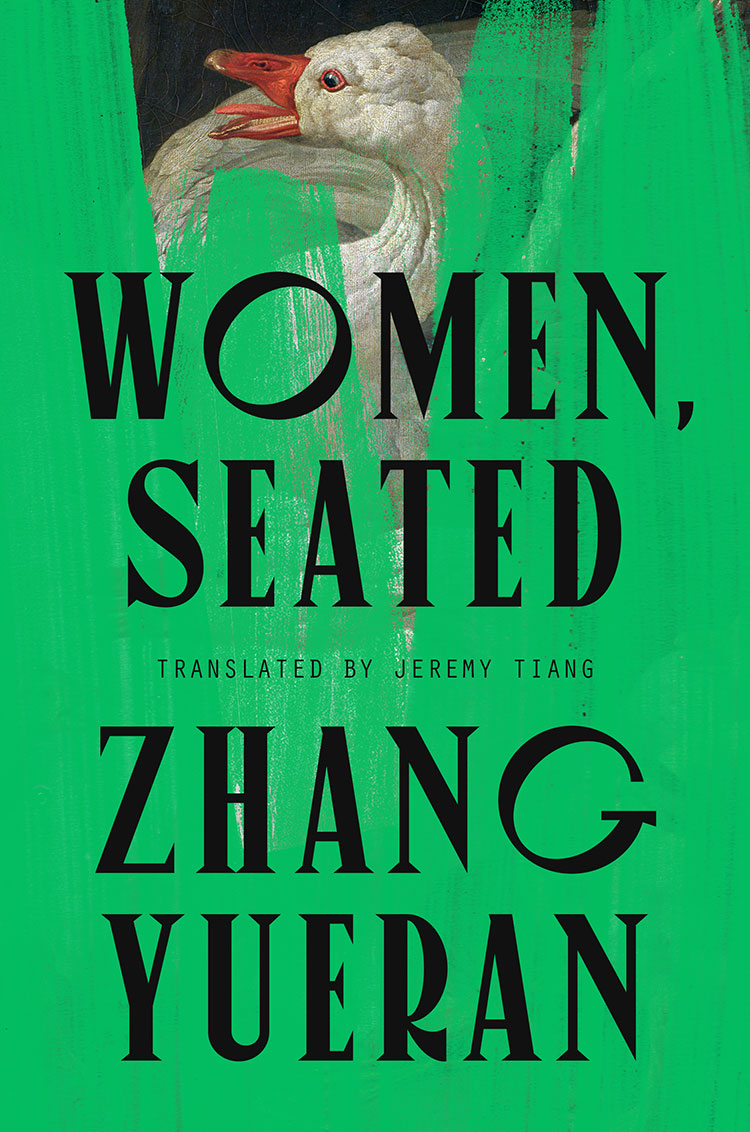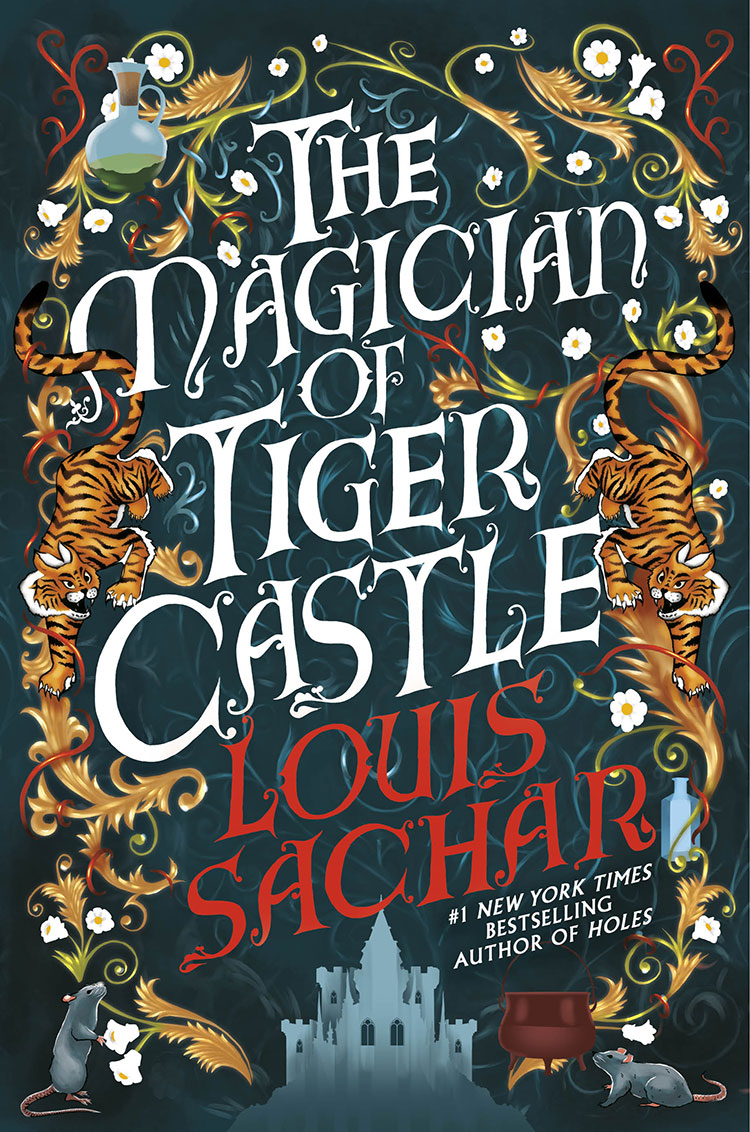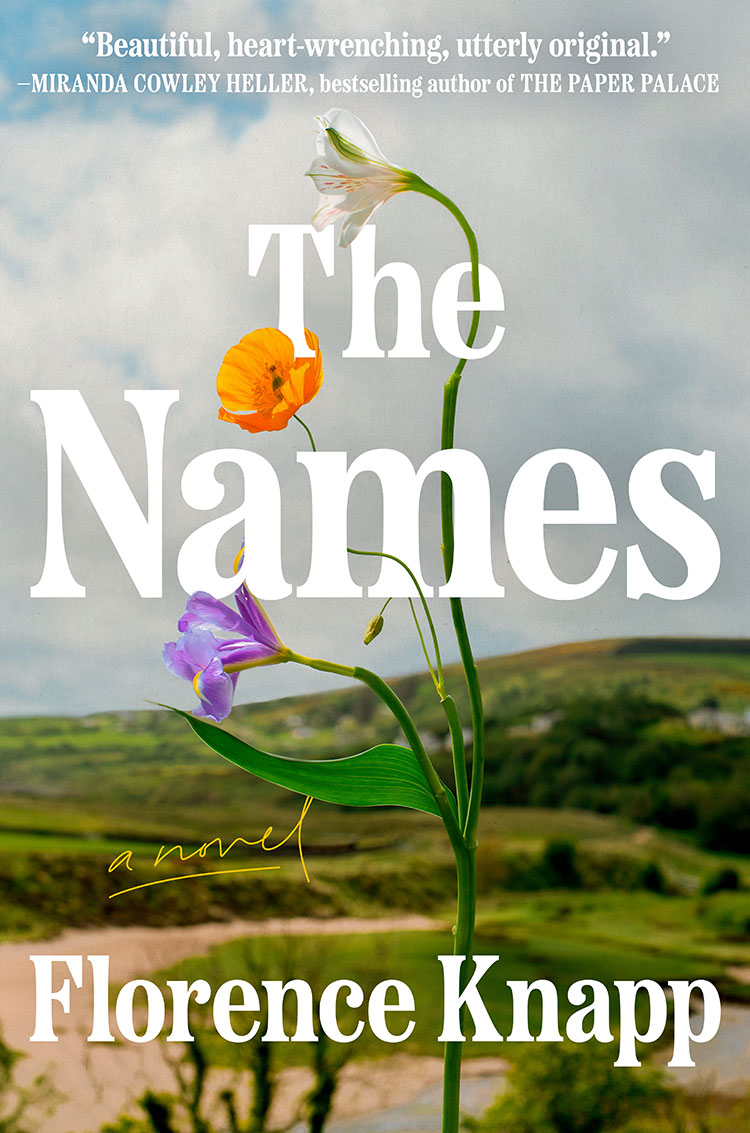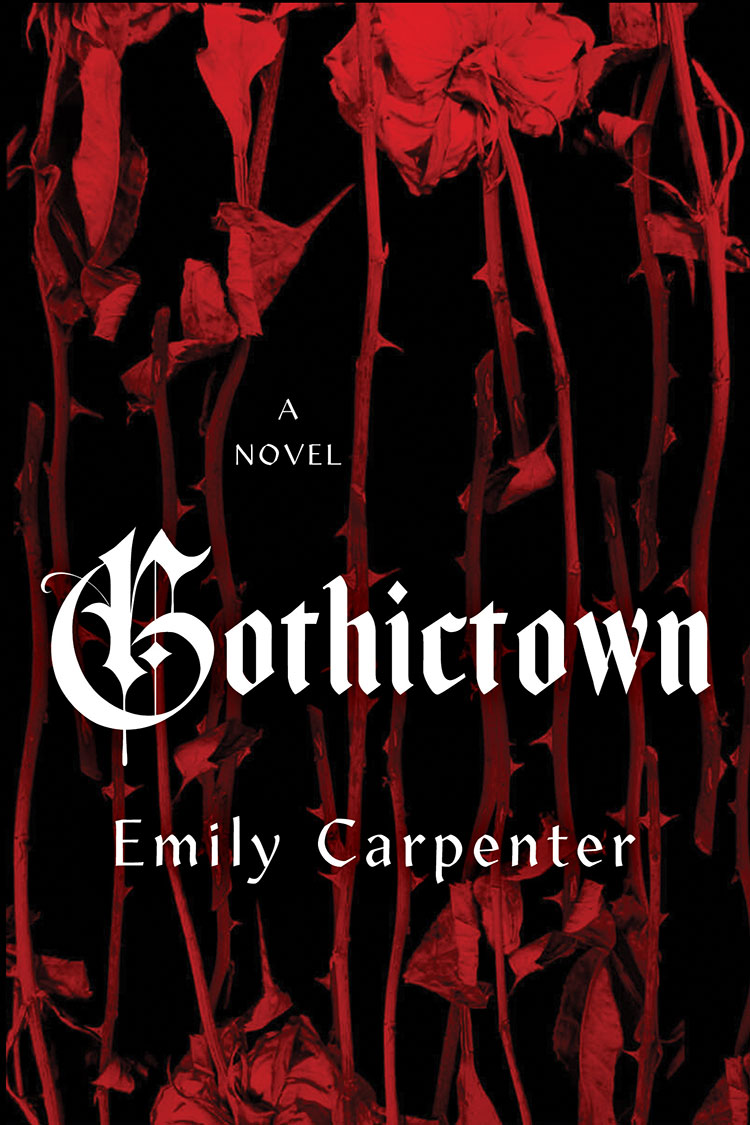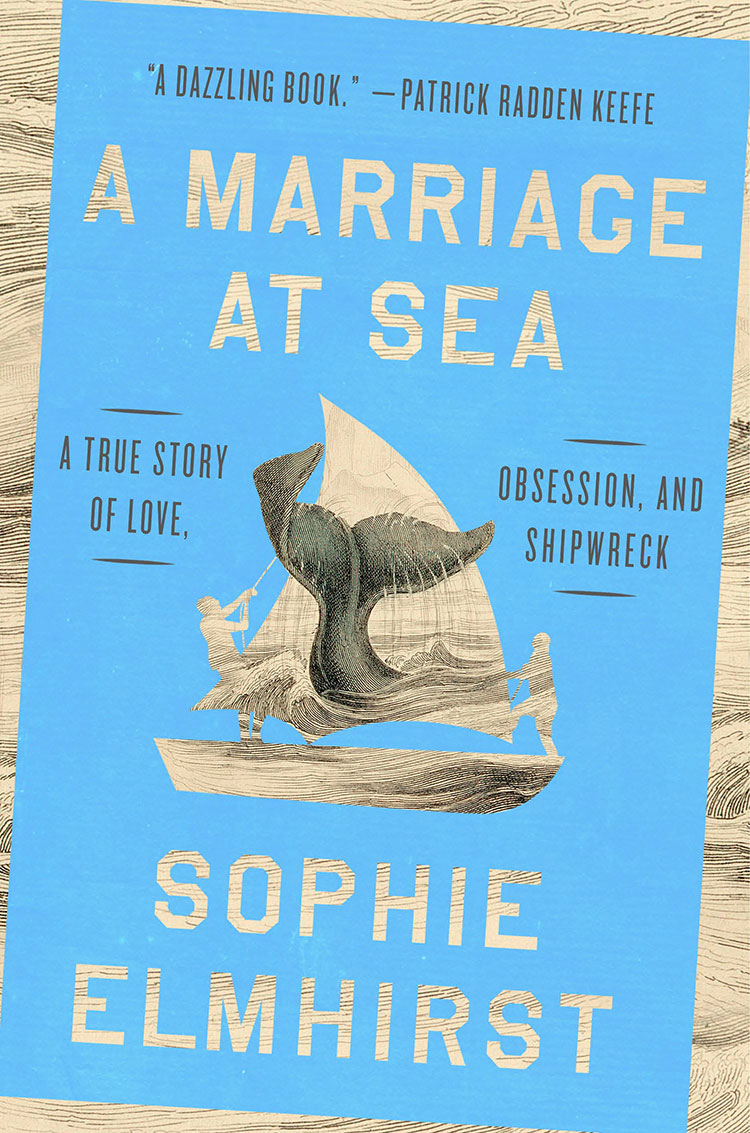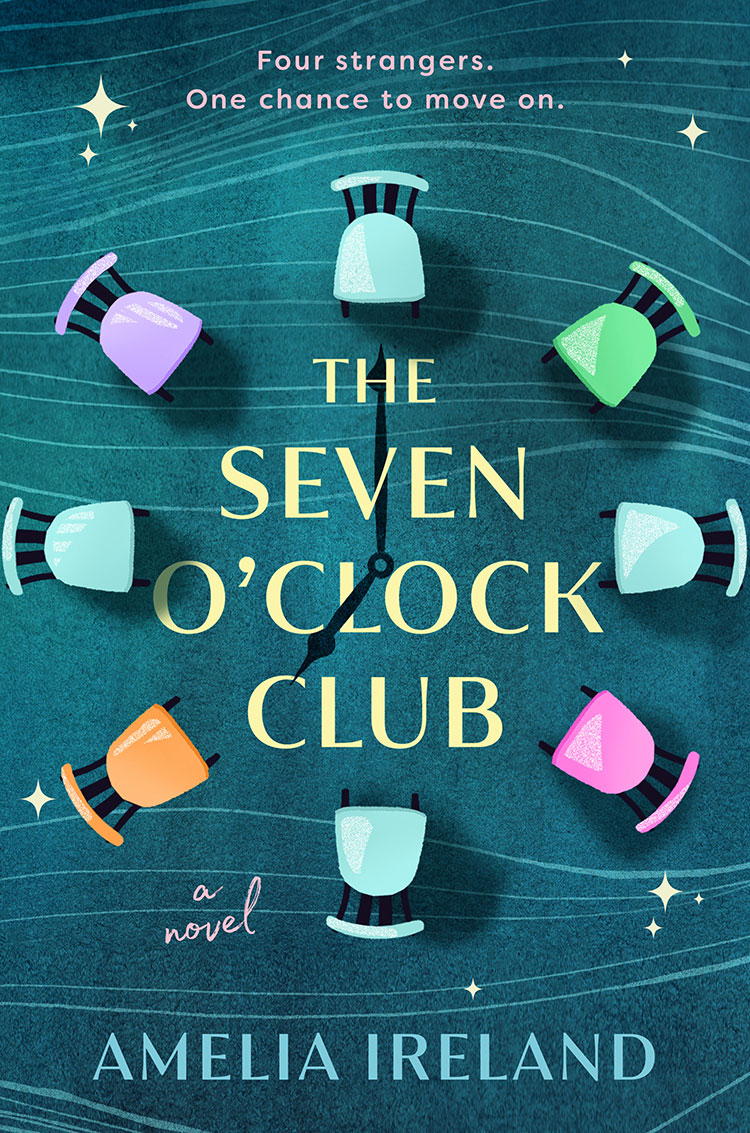All heroes, monsters, and villains have beginnings. This is mine. Seventeen-year-old Manisha is no stranger to monsters—she’s been running from them for years, from beasts who roam the jungle to the King’s army, who forced her people, the Naga, to scatter to the ends of the earth. You might think that the Kingdom’s famed holy temples atop the floating mountains, where Manisha is now a priestess, would be safe—but you would be wrong. Eighteen-year-old Pratyush is a famed Slayer of monsters, one of the King’s most prized warriors and a frequent visitor to the floating temples. For every monster the Slayer kills, years are added to his life. You might think such a powerful warrior could do whatever he wants, but true power lies with the King. Tired after years of fighting, Pratyush wants nothing more than a peaceful, respectable life. When Pratyush and Manisha meet, each sees in the other the possibility to chart a new path. Unfortunately, the Kingdom’s powerful have other plans. A temple visitor sexually assaults Manisha and pushes her off the mountain into a pit of vipers. A month later, the King sends Pratyush off to kill one last monster (a powerful Nagin who has been turning men to stone) before he’ll consider granting his freedom. Except Manisha doesn’t die, despite the hundreds of snake bites covering her body and the venom running through her veins. She rises from the pit more powerful than ever before, with heightened senses, armor-like skin, and blood that can turn people to stone. And Pratyush doesn’t know it, but the “monster” he’s been sent to kill is none other than the girl he wants to marry. Alternating between Manisha’s and Pratyush’s perspectives, Sajni Patel weaves together lush language, high stakes, and page-turning suspense, demanding an answer to the question “What does it mean to be a monster?”
Archives
Everything’s Fine
The novel follows polar opposites Jess and Josh. Jess is Black and liberal. Josh is white and conservative. She thinks he’s an uptight jerk, and he finds her highly emotional and highly immature. But they slowly build a friendship in the years after college when they find themselves on the same team at Goldman Sachs. Jess, feeling increasingly underappreciated and overlooked as the sole Black woman on her floor, is surprised to find both comfort and support from Josh. Eventually these former enemies become friends and soon, they embark on a heart-pounding romance. But then the 2016 election cycle begins, and the cultural and political landscape shines a light on their glaring differences. Jess is forced to ask herself whether, in this day and age, love really does trump all.
Witness
What does it mean to take action? To bear witness? What does it cost? In these ten stories, each set in the changing landscapes of contemporary New York City, a range of characters—from children to grandmothers to ghosts—live through the responsibility of perceiving and the moral challenge of speaking up or taking action. Though they strive to connect, to remember, to stand up for, and to really see each other, they often fall short, and the structures they build around these ambitions and failures shape not only their own futures but the legacies and prospects of their families and their city. In its portraits of families and friendships lost and found, the paradox of intimacy, the long shadow of grief, the meaning of home, Witness enacts its own testimony. Here is a world where fortunes can be made and stolen in just a few generations, where strangers might sometimes show kindness while those we trust—doctors, employers, siblings—too often turn away, where joy comes in snatches: flowers on a windowsill, dancing in the street, glimpsing your purpose, change on the horizon. With prose as upendingly beautiful as it is artfully, seamlessly crafted, Jamel Brinkley offers nothing less than the full scope of life and death and change in the great, unending drama of the city.
All The Pretty Places
Joy Callaway returns with a captivating story of a strong woman in a striking setting, examining the life-changing effects of the beauty of nature and how that splendor is restricted to the rich and privileged in the Gilded Age
MASTERING THE ART OF FRENCH MURDER
Set in the City of Light and starring Julia Child’s (fictional) best friend, confidant, and fellow American, this magnifique new historical mystery series from the acclaimed author of the Indie Next Pick, Murder at Mallowan Hall, combines a fresh perspective on the iconic chef’s years in post-WWII Paris with a delicious mystery and a unique culinary twist. Perfect for fans of Jacqueline Winspear, Marie Benedict, Nita Prose, and of course, Julia Child alike!
Birnam Wood
Five years ago, Mira Bunting founded a guerrilla gardening group: Birnam Wood. An undeclared, unregulated, sometimes-criminal, sometimes-philanthropic gathering of friends, this activist collective plants crops wherever no one will notice: on the sides of roads, in forgotten parks and neglected backyards. For years, the group has struggled to break even. Then Mira stumbles on an answer, a way to finally set the group up for the long term: a landslide has closed the Korowai Pass, cutting off the town of Thorndike. Natural disaster has created an opportunity, a sizable farm seemingly abandoned.
But Mira is not the only one interested in Thorndike. Robert Lemoine, an enigmatic American billionaire, has snatched it up to build his end-times bunker—or so he tells Mira when he catches her on the property. Intrigued by Mira, Birnam Wood, and their entrepreneurial spirit, he suggests they work this land. But can they trust him? And, as their ideals and ideologies are tested, can they trust each other? A gripping psychological thriller from the Booker Prize—winning author of The Luminaries, Eleanor Catton’s Birnam Wood is Shakespearean in its drama, Austenian in its wit, and, like both influences, fascinated by what makes us who we are. A brilliantly constructed study of intentions, actions, and consequences, it is a mesmerizing, unflinching consideration of the human impulse to ensure our own survival.
The Librarianist
From bestselling and award-winning author Patrick deWitt comes the story of Bob Comet, a man who has lived his life through and for literature, unaware that his own experience is a poignant and affecting narrative in itself. Bob Comet is a retired librarian passing his solitary days surrounded by books and small comforts in a mint-colored house in Portland, Oregon. One morning on his daily walk he encounters a confused elderly woman lost in a market and returns her to the senior center that is her home. Hoping to fill the void he’s known since retiring, he begins volunteering at the center. Here, as a community of strange peers gathers around Bob, and following a happenstance brush with a painful complication from his past, the events of his life and the details of his character are revealed. Behind Bob Comet’s straight-man facade is the story of an unhappy child’s runaway adventure during the last days of the Second World War, of true love won and stolen away, of the purpose and pride found in the librarian’s vocation, and of the pleasures of a life lived to the side of the masses. Bob’s experiences are imbued with melancholy but also a bright, sustained comedy; he has a talent for locating bizarre and outsize players to welcome onto the stage of his life. With his inimitable verve, skewed humor, and compassion for the outcast, Patrick deWitt has written a wide-ranging and ambitious document of the introvert’s condition. The Librarianist celebrates the extraordinary in the so-called ordinary life, and depicts beautifully the turbulence that sometimes exists beneath a surface of serenity.
The Great Reclamation
Set against a changing Singapore, a sweeping novel about one boy’s unique gifts and the childhood love that will complicate the fate of his community and country.
The House of Lincoln
Nancy Horan, author of the million-copy New York Times bestseller Loving Frank, returns with a sweeping historical novel, which tells the story of Abraham Lincoln’s ascendance from rumpled lawyer to U.S. president to the Great Emancipator through the eyes of a young asylum-seeker who arrives in Lincoln’s home of Springfield from Madeira, Portugal.
Mobility
A propulsive novel about class, power, politics, and desire by the celebrated author of The Golden State.
The year is 1998, the End of History. The Soviet Union is dissolved, the Cold War is over, and Bunny Glenn is an American teenager in Azerbaijan with her Foreign Service family. Through Bunny’s eyes we watch global interests flock to the former Soviet Union during the rush for Caspian oil and pipeline access, hear rumbles of the expansion of the American security state and the buildup to the War on Terror. We follow Bunny from adolescence to middle age—from Azerbaijan to America—as the entwined idols of capitalism and ambition lead her to a career in the oil industry, and eventually back to the scene of her youth, where familiar figures reappear in an era of political and climate breakdown.
Both geopolitical exploration and domestic coming-of-age novel, Mobility is a propulsive and challenging story about class, power, politics, and desire told through the life of one woman—her social milieu, her romances, her unarticulated wants. Mobility deftly explores American forms of complicity and inertia, moving between the local and the global, the personal and the political, and using fiction’s power to illuminate the way a life is shaped by its context.

